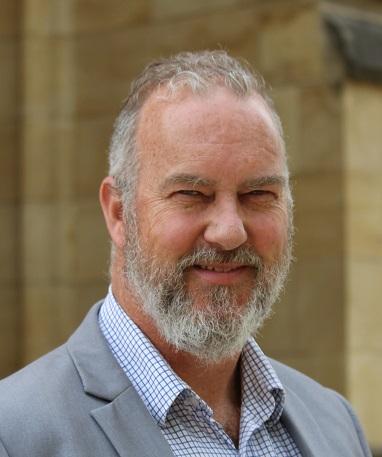Cognitive Load Theory and STEM Education
- Date: Mon, 24 Sep 2018, 11:00 am - 11:30 am
- Location: Room 812, Level 8, Nexus Building, 10 Pulteney Street, Adelaide
- Contact: Yvonne Philp 831 31012
- Email: yvonne.philp@adelaide.edu.au
- Dr Brendan Bentley Director of Partnerships and Engagement, School of Education

Dr Brendan Bentley
Abstract
In recent years a global interest has emerged to improve the teaching of STEM (Science, Technology, Engineering and Mathematics) Education in schools. This need has been driven, in part, by the imperative to provide a workforce that can meet future economic and social needs (Caprile, Palmen et al., 2015). STEM Education has been seen as pivotal in influencing and guiding the development of STEM skills (National Science and Technology Council, 2013) through impacting school curricula (Pearson, Schweingruber et al., 2014).
These increasing demands of STEM education has caused disruptions to traditional curricula and pedagogical practices. Several new pedagogical practices have emerged to meet these disruptions. One such practice has seen the advent of worked examples that are designed using the principles associated with Cognitive Load Theory (Sweller & Cooper, 1985).
This presentation investigates the application of a worked example designed using Cognitive Load Theory principles, to teach Year 8 boys a minimally guided STEM rich activity. The presentation further explores worked examples in general and presents the important fundamentals of Cognitive Load Theory in relation to learning and schema acquisition.
Biography
Brendan Bentley is a lecturer in Education. He is the Director of Partnerships and Engagement, and the Program Director of the Master of Teaching program at the University of Adelaide. He is an experienced School Principal, curriculum leader and teacher of STEM education. Brendan has designed and written post graduate educational leadership courses at both national and international levels and is a consultant in professional formation and development for teachers and school leaders. His research interests are in educational leadership, cognitive load theory, STEM, science and mathematics education and in particular proportional reasoning
Find out more about or contact Brendan.
